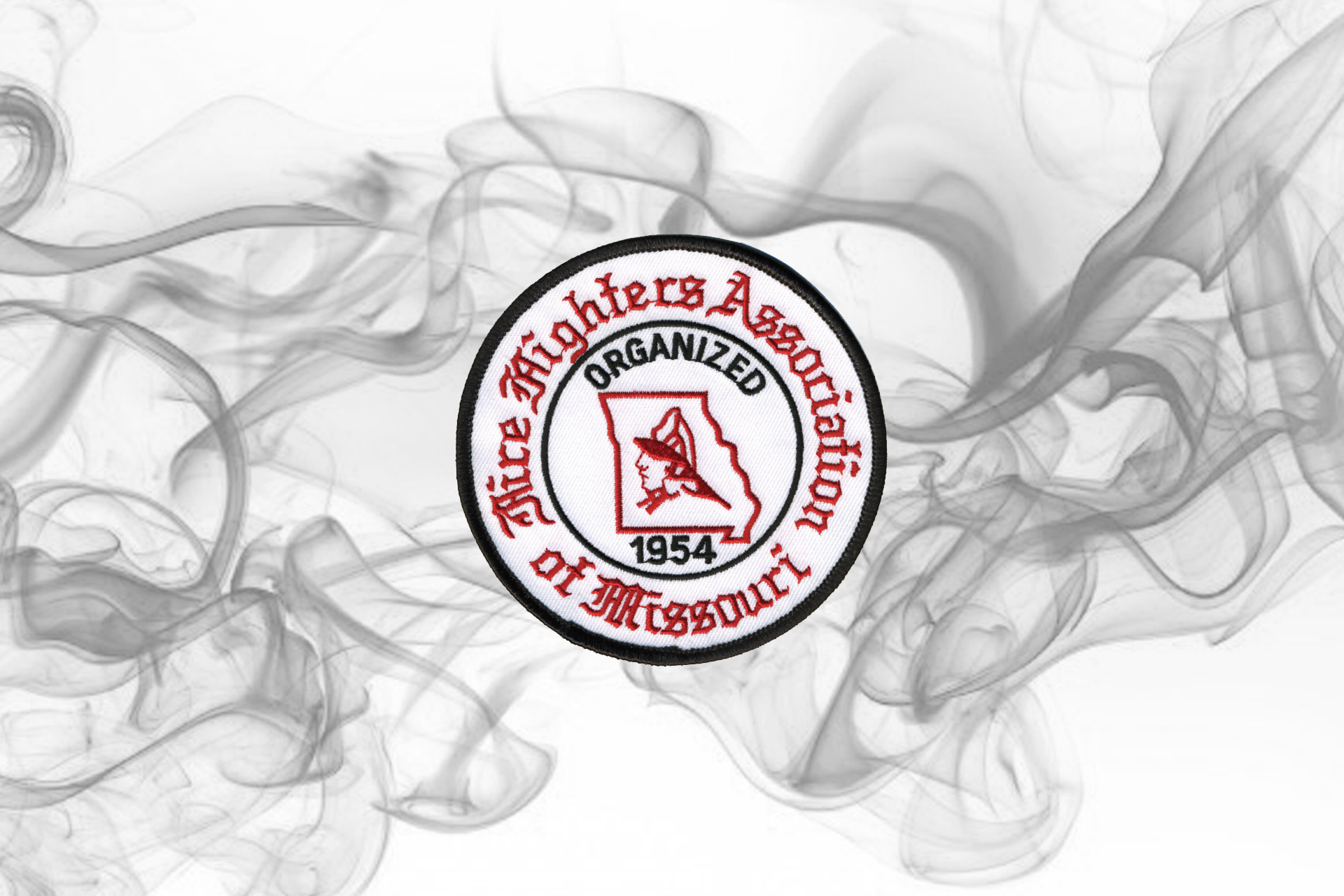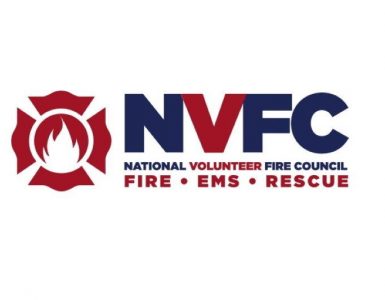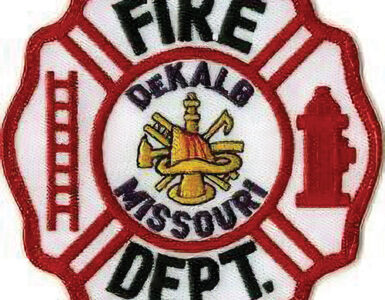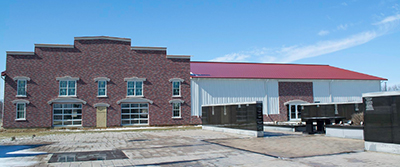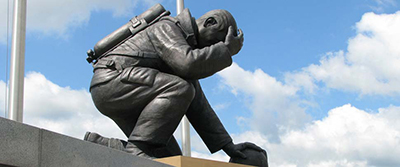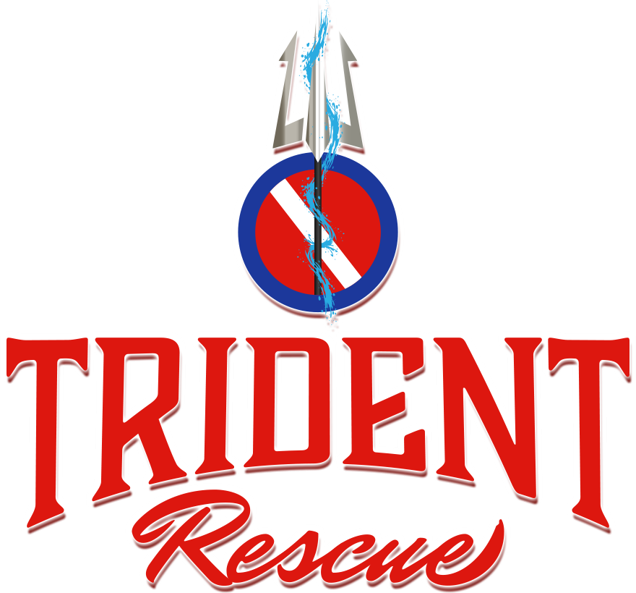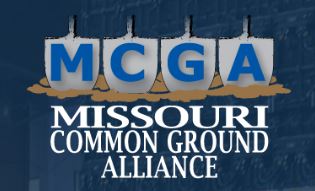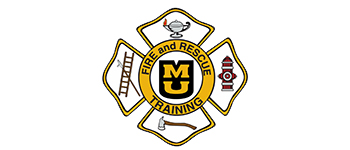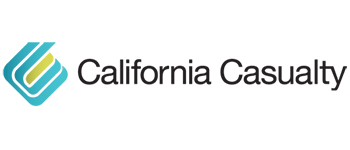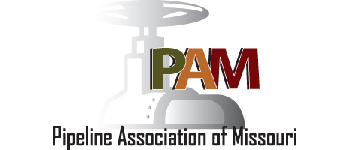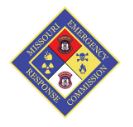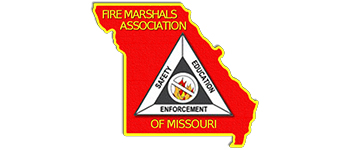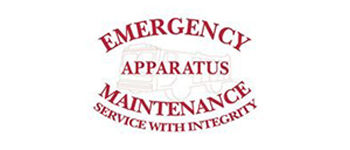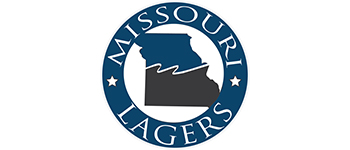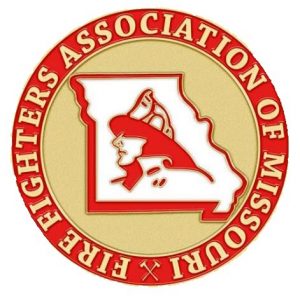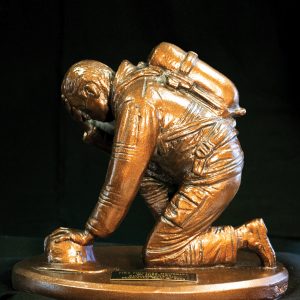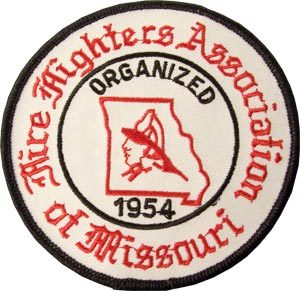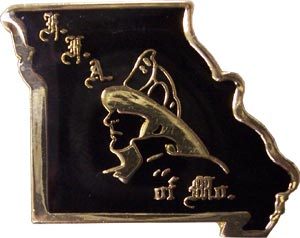Winter weather has slowed down many of our outdoor activities, meetings, and some outdoor training, but spring is on the horizon. River Radio started a first responder appreciation night a few years ago and holds it in February every year. This winter caused it to be postponed, but on February 17 at the A.C. Braise Arena in Cape Girardeau, this year’s event was held and it was a very good event. Fire, Law Enforcement, and EMS personnel got together for some good food, fellowship, and prizes from area vendors that assist in providing financial support as well as the door prizes.
This year the keynote speaker was Captain Jamie Holcomb EMD, EMT-B from Stoddard County. She spoke about recharging our batteries, not the ones in our equipment but our mental batteries and our mental health. What we do takes a toll on us, even if we don’t recognize it ourselves. Captain Holcomb made several great points for all of us, but something that hit home was what happens to us mentally and how we do or do not handle it. That’s the part of her presentation that was a reality check, at least it was for me.
I used to tell my fire students that in this business, at some point you will see things that no human should have to experience, but that is the nature of what we do. We answer the call to help those in need at the worst day or moment in their lives, it isn’t always pleasant or has a happy ending, that’s the reality. Over time it’s going to have an effect and that can either be positive or negative, it’s how we learn to cope and deal with those calls that make the determination of positive or negative. We are humans, not robots, and being human, we have feelings and emotions and we are all a little different in how we act and react.
Sometimes, just sitting down talking with another firefighter or an officer about a call that is bugging us inside helps, especially if that person has had a similar experience and worked through it. Sometimes it’s not that simple, those are the incidents when other resources are needed. Knowing where those resources are and how to access them are key.
Mental health first aid for the responder is a great resource. There is also a program for the family of the responder as well. These programs can be accessed through counseling groups in your area. There are hotlines available that can be found easily through a search engine on the internet. I just learned of another resource recently that is pretty successful in some of the eastern states called On the Job and Off the Job, and one of their contacts is right in our backyard in District 12.
If you ever need these services or even think you need these services for yourself or to encourage someone you serve with, reach out to them. I told my students this as well, if you don’t know who to talk to call me, I’m no expert, but I’ve got resources that I can reach out to or put you in touch with. We in emergency services have a special bond of brotherhood and sisterhood in what we do and the heart to do it. Keep the flames of passion for the work we do alive and bright. Thank you for what you do for your communities and stay safe out there.


